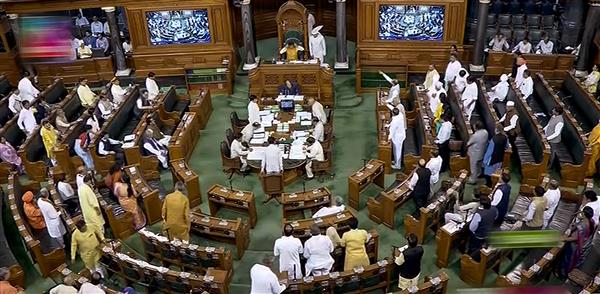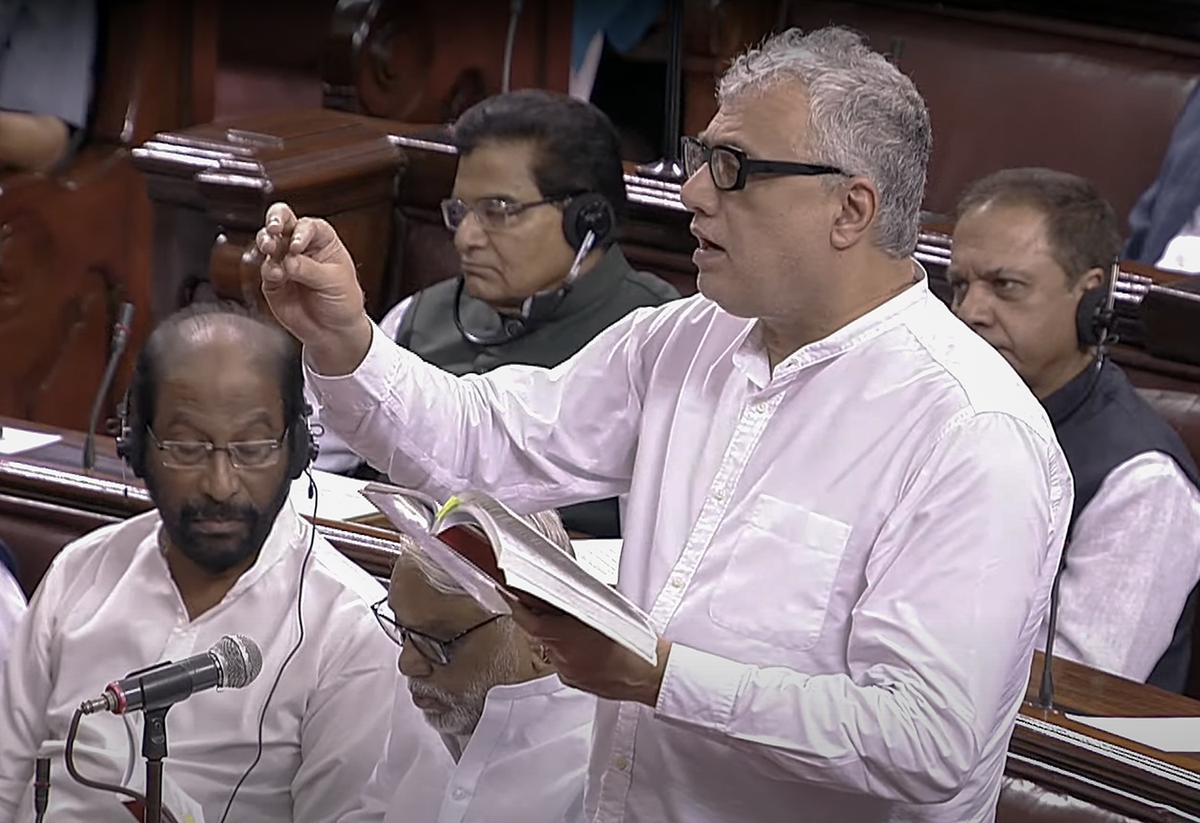Ethnic violence in Manipur, a northeastern state of India, has once again brought attention to the complexities of communal relations in the region. The recent incident, where a video showing two tribal women being paraded naked by members of another community, has triggered widespread outrage and demands for accountability. However, the response from the Indian Parliament has been far from unanimous, leading to a political impasse that has paralyzed legislative proceedings. In this article, we will delve into the background of the ethnic tensions in Manipur, analyze the events leading up to the crisis, examine the political deadlock in Parliament, and explore the ramifications of the situation.
The Historical Context of Ethnic Tensions in Manipur
To understand the current state of affairs, it is essential to delve into the historical context of Manipur’s ethnic tensions. Manipur is home to several distinct communities, including the Meitei, Naga, and Kuki tribes, each with its unique culture, language, and customs. Over the years, disagreements over land, resources, and political representation have often led to confrontations between these communities. The state’s complex geography and historical legacy of violence have further contributed to the simmering ethnic tensions.
The May 4 Incident and Nationwide Outrage
The May 4 video showing the horrific ordeal of the two tribal women shocked the nation and triggered widespread outrage. The incident took place against the backdrop of pre-existing ethnic violence that erupted on May 3, further exacerbating the already fragile situation. The video quickly spread through social media, sparking protests and demands for justice. The public outcry put immense pressure on the central government and Parliament to address the issue urgently.
Opposition’s Demand and Government’s Response
The Opposition, led by the Trinamool Congress (TMC), demanded that Prime Minister Narendra Modi make a statement in Parliament regarding the Manipur incident, followed by a comprehensive debate on the matter. However, the government’s response was not swift, leading to criticism from the Opposition and the public alike. Defense Minister Rajnath Singh’s assurance of a discussion on the issue in Lok Sabha came after days of disruption and political wrangling, further deepening the divide between the ruling and opposition parties.

Accusations of Stalling Parliament
The TMC’s parliamentary leader in Rajya Sabha, Derek O’Brien, accused the ruling Bhartiya Janata Party (BJP) of deliberately stalling parliamentary proceedings. O’Brien’s tweet, stating that the BJP was responsible for the Parliament’s deadlock, added fuel to the already tense political climate. The BJP, on the other hand, countered by blaming the Opposition for disrupting proceedings and hindering a meaningful debate on the Manipur issue.

The Ramifications of the Political Impasse
The ongoing political impasse in Parliament severely impacts the legislative process and the government’s ability to address urgent matters of national importance. While the Opposition insists on the Prime Minister’s statement, the BJP appears hesitant to confront the issue head-on, fearing potential political backlash. As a result, crucial legislative business remains suspended, leaving various bills and public policies in limbo.
Ethical Considerations and Responsibility
The Manipur incident raises critical ethical questions about the government’s responsibility to ensure the safety and security of its citizens, especially vulnerable groups like women. Delayed responses from political leaders and the failure to address the issue proactively have raised concerns about the ethical foundations of governance. Additionally, the communal nature of the violence emphasizes the importance of fostering harmony and unity among diverse communities.
Impact on Law and Order
The continuing political deadlock has serious implications for law and order in Manipur and the affected regions. As communal tensions persist, there is a risk of further violence and instability. The state governments, including Congress-ruled Rajasthan and Chhattisgarh, also face scrutiny over their efforts to enforce the law and protect women. The lack of cooperation and consensus at the national level adds to the challenges of maintaining peace and order in the region.
Potential Solutions and the Way Forward
Breaking the political impasse requires a concerted effort from all parties involved. Bipartisan cooperation, a commitment to open dialogue, and a genuine intent to address the root causes of ethnic tensions are essential for progress. The government must proactively initiate discussions and find comprehensive solutions to address the underlying issues in Manipur.
Public Sentiment and National Unity
The nationwide outrage following the Manipur incident reflects the public’s demand for justice and accountability. The political deadlock in Parliament risks eroding public trust in the government’s ability to address sensitive matters. Restoring national unity requires decisive action, a willingness to listen to diverse voices, and a commitment to uphold the principles of justice and equality.
The ethnic violence in Manipur has exposed deep-rooted communal tensions and placed a heavy burden on the Indian Parliament to address the issue responsibly. The ongoing political impasse has serious ramifications on legislative proceedings, public sentiment, and national unity. To move forward, all parties must rise above political differences and engage in constructive dialogue to find lasting solutions. Only through genuine cooperation and ethical leadership can India overcome the challenges posed by ethnic violence and pave the way for a more harmonious and inclusive society.












